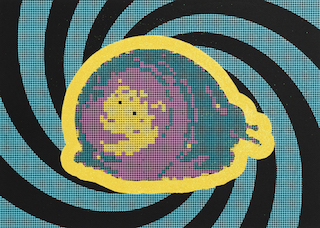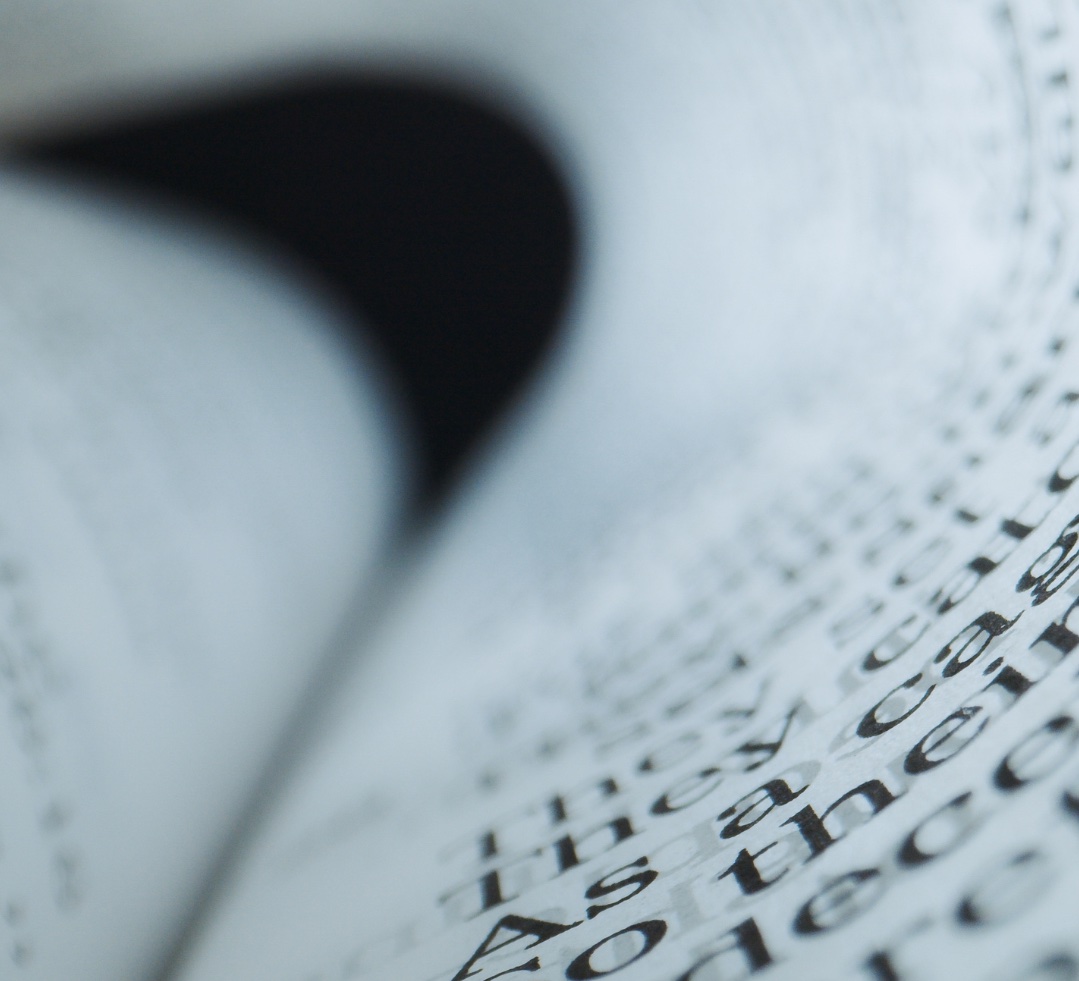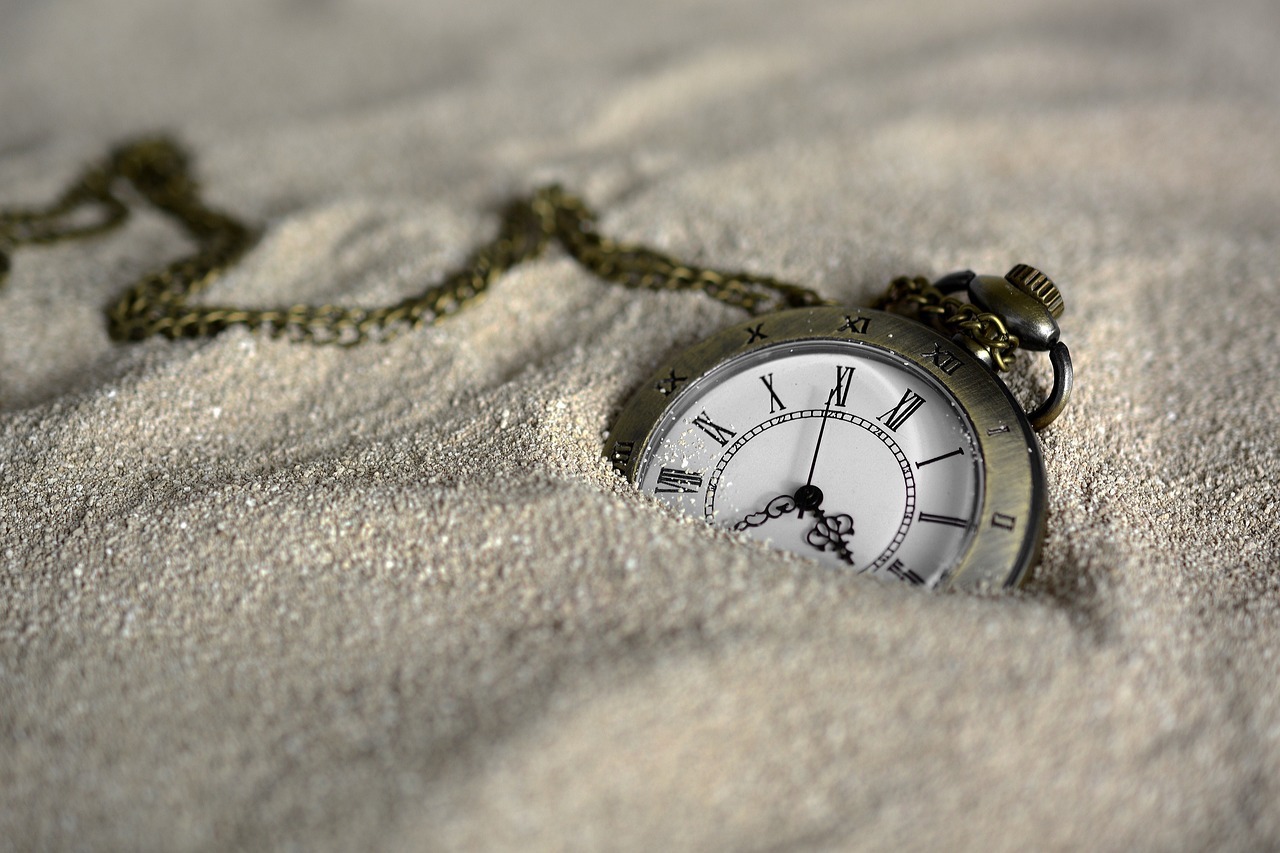Featured Stories
Latest Edition

Culture Vultures
There’s no escaping the onslaught of content these days. But it seems increasingly tricky to determine what’s good and what’s not as we stream, tap and swipe our way through our endless entertainment feeds. How can we tell our own taste? Have we reached the end of culture? What place does criticism occupy in this ever-shifting landscape? And what does all this mean for the relationship between form and content?
Featured Collection
Women of letters
From the glass ceiling to the surface of the moon, these pieces dissect the complications and contradictions of twenty-first century gender roles.
Holding the baby
Where I live, what I earn and my level of education: these will all influence not only my decision to have a baby but the experiences that baby will then have. These four factors – education, geography, wealth and birth rate – loop around one another in infinite iterations. People in regional and remote Australia have more children younger; they also have lower levels of educational attainment.
Moonwalking
The first woman on the Moon will have to think carefully about her first words, as they will resonate for generations into the future. Neil Armstrong chose his famous ‘one giant leap’ line himself; but in this case, knowing what’s at stake, there’s bound to be a committee who gives this long and considered thought.
Erasure
It was thanks to a series of deliberate decisions made during the nineteenth century that women’s critical labours were designated ‘unproductive’ and simply wiped from view. Key to these erasures was Alfred Marshall, the revered father of neoclassical economics, who advocated strict limits on women’s choices lest they behave selfishly.
The chemical question
It’s just that time of the month. It’s only the baby blues. It’s the change, it’ll pass. It’s just your hormones. Most women have experienced a dismissal like this at some stage in their lives, whether for a genuine mental health issue or for something as minor as offering a differing opinion. But the trivialising of issues deemed ‘hormonal’, and the dismissal of associated mood disorders, can have fatal consequences.
The unwritten rules
Patriarchal power and control occurs silently, without fanfare, through institutions and their structure, including legal institutions and the family. It is in this conceptualisation that the recent public discussion in Australia of misogyny and the ‘gender card’ became distracted, focussing on a personal hatred of individual women as key rather than the daily reproduction of significant structural inequality.
Not just good girls
Women in public life in Queensland experienced criticism and ridicule that was sharper and more personal than that directed to their male counterparts. They were often said to have abandoned their rightful roles as wives and mothers, were accused of being too noisy, too silent, too dumb, too much of a smarty pants. It was suggested that wealthy women had a ‘silver spoon’, while the few working-class women who struggled into the ranks above were said to lack grace and class.
GR Online - Free to read
Double vision
My memories of growing up in New Zealand and Australia are a technicolour whirl of cartoons, comic books, science fiction and arcade video games – I guess I’m instinctively drawn to imagery of that era. I love using readymade imagery as a starting point for my artwork. Sixties Pop Art taught me the joys of subverting the mundane and incorporating everyday imagery not necessarily intended to be viewed as art.
Is poetry disabled?
In poetry’s capacity to self-define, to reject conventionality, to be in a constant state of flux and to hold the contradictory together in its granularity, it subverts formal systems of designation time and again. Poetry then avoids simple diagnosis, at least pre-emptively. As such, it holds within it the capacity for new ways of seeing, knowing and doing.
The years happen again and again
A work of autofiction, A Girl’s Story has two protagonists: Annie Duchesne, an innocent seventeen-year-old camp counsellor, and Annie Ernaux, an experienced woman in her seventies.
Social media’s swan song?
Social media is now so bad that when parents sue TikTok for the role they believe it played in their children’s deaths, it feels terrifyingly quotidian. These platforms are ruining our health, the planet and our diplomatic processes.
Recent Editions














